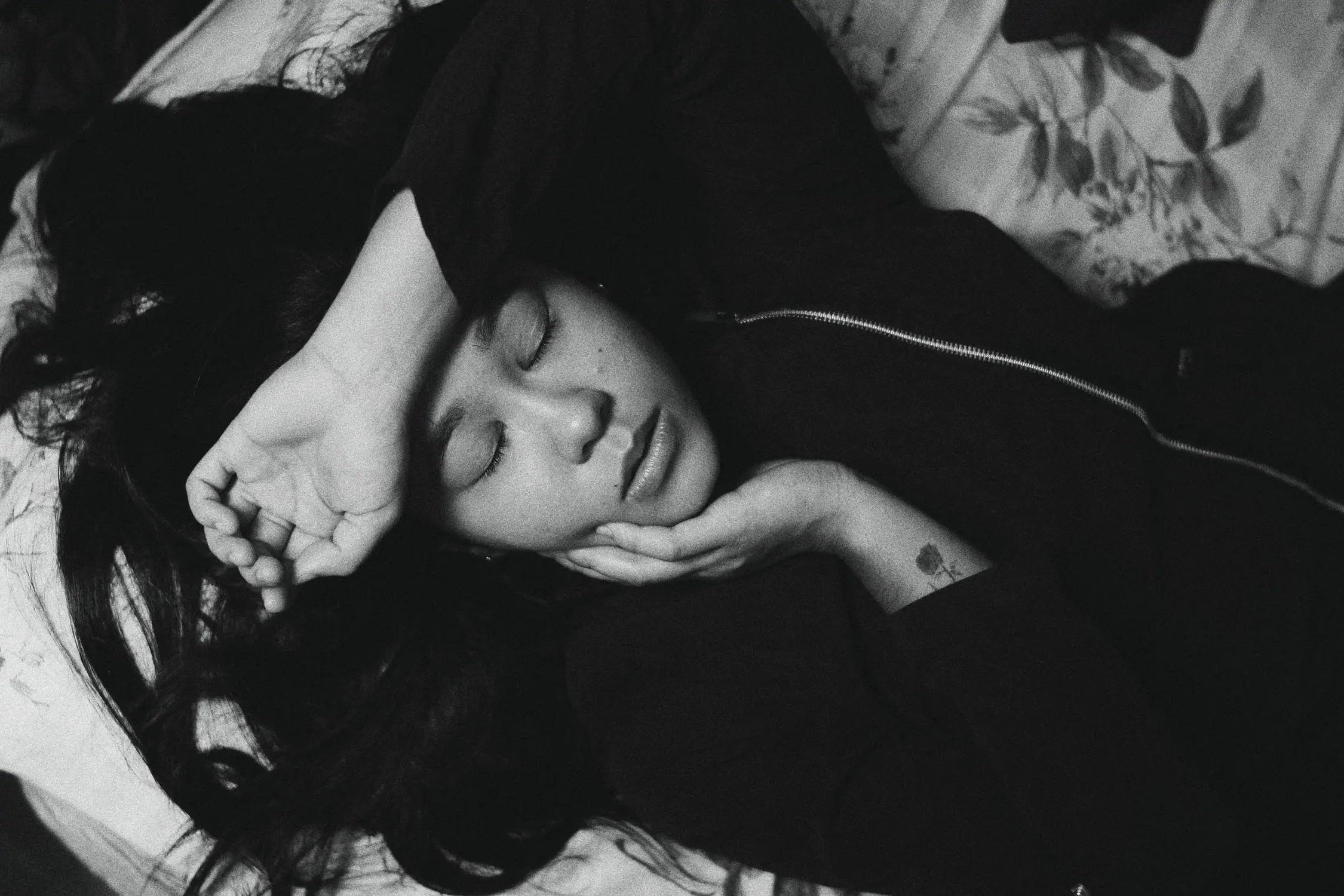Do you believe in the supernatural? Demons, ghosts, alien abductions?
Whether they exist in reality or simply in our imaginations — either way, at least some supernatural stories can be explained without any mysticism. And the answer is: sleep paralysis.
How does sleep paralysis work?
A person typically dreams during REM sleep. To prevent you from physically responding to sleep, your brain temporarily paralyzes your body’s muscle activity, preventing any movement. Sleep paralysis occurs when a person is conscious, but the brain is in a state of REM sleep. As a result, the person is trapped, aware of the world around them, controlling their breathing, but unable to move or speak.
An episode of sleep paralysis can last from a few seconds to a few minutes, and it can be interrupted by outside sounds or touching the person. Sleep paralysis can occur both in healthy people and people with narcolepsy, catalepsy, or hypnagogia.
For most people experiencing this condition, vivid and often unpleasant dreams are superimposed on sleep paralysis, which can be very frightening. However, it is considered ultimately harmless.
The most common form of sleep paralysis occurs upon waking. It is accompanied by symptoms like a feeling of reckless fear (fear of death, audible hallucinations of someone's voice, the presence of a foreign hostile entity near), suffocation and lack of air, increased heart rate, disorientation in space, or false body movements (it may seem that they are turning from one side to the other, although in fact, they aren’t moving). Most often, paralysis occurs when sleeping on the back and can be triggered by arms swelling when they’re raised above the head.

But how does it relate to ghosts and aliens?
Sleep paralysis is quite common. Most people who have experienced it have had sleep paralysis only once or twice in their lives. Approximately 7% of the population has experienced an episode of muscle paralysis on awakening at least once in their life.
Sleep paralysis has influenced numerous myths and legends from different cultures at different times, including the themes of alien abduction and the presence of evil spirits. Sleep paralysis stories underlie many beliefs in which a sleeping person is affected by various demonic beings, including spirits, witches, succubi, jinn, and the like.
Here’s are just a few of these legends:
- In Egypt, there is a belief that sleep paralysis is caused by a jinn — a spirit-like creature that originated in Islamic culture.
- In Chuvash mythology, there is a character representing this phenomenon — Vubar, whose actions exactly coincide with the symptoms of sleep paralysis.
- In the Kalmyk tradition, this is an evil spirit that strangles you in your dream and does not allow you to wake up.
- In the mythology of the Basques, there is also a separate character for this phenomenon — Inguma, who appears in houses at night and squeezes the throat of one of the sleeping inhabitants, making breathing difficult and thus causing terror.
- In Japanese tradition, sleep paralysis corresponds to the concept of “kanashibari,” which is mythologically explained as astral catalepsy, in which a giant demon sneaks into a house at night and presses his foot on the sleeping person's chest.

Sleep paralysis treatment
Treatment usually includes a conversation about the causes of paralytic episodes, activities to normalize the daily routine and psychological relaxation before bed.
The following recommendations can be useful to prevent the occurrence of new episodes of paralysis:
- Optimization of the working regime. This is necessary to avoid physical and mental overload. General strengthening exercises and walks in the fresh air are also helpful.
- Normalization of sleep patterns. You should go to bed and wake up at the same time every day.
- Relaxation before bed. Aroma baths, relaxing massage, soothing herbal remedies, and calm music are all helpful.
- Assisted waking. Studies have shown that sleep paralysis only occurs upon self-awakening. To prevent it from happening, use an alarm clock or ask your housemates to wake you up in the morning.





Share:
Mysterious Hypnosis
Causal Attribution: Why People Do What They Do